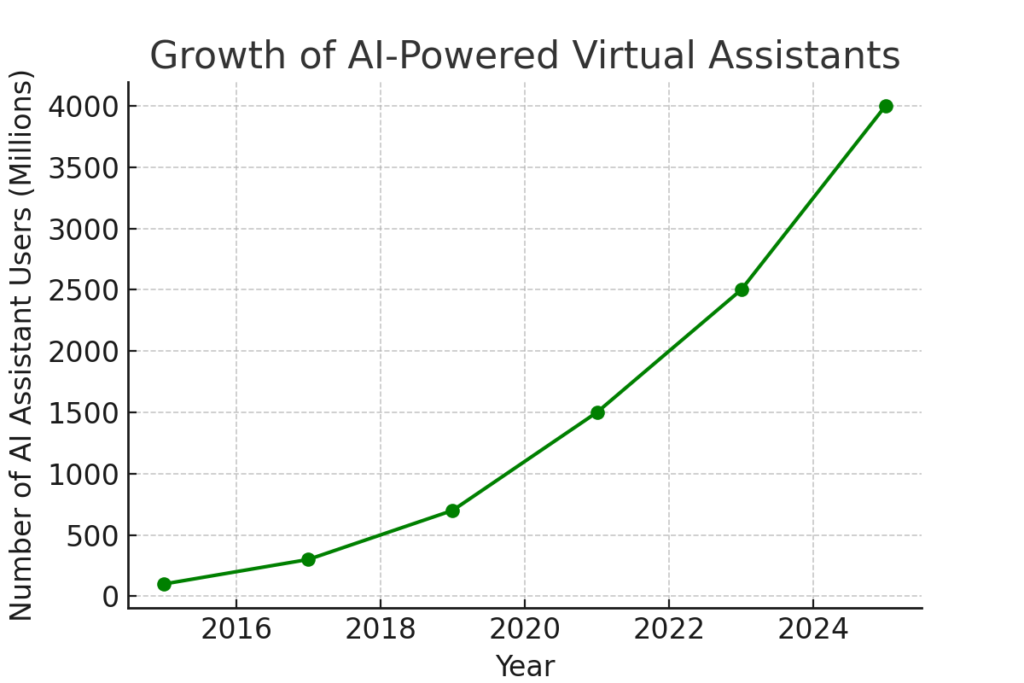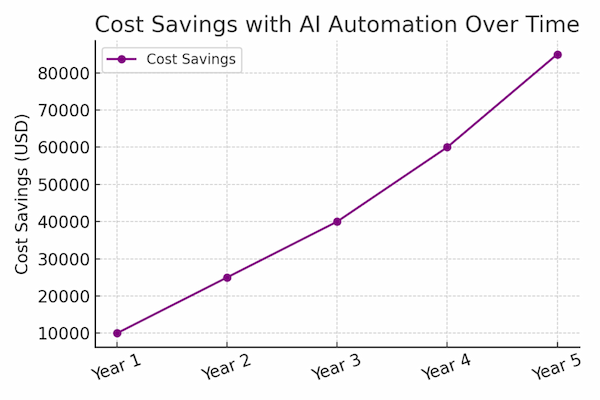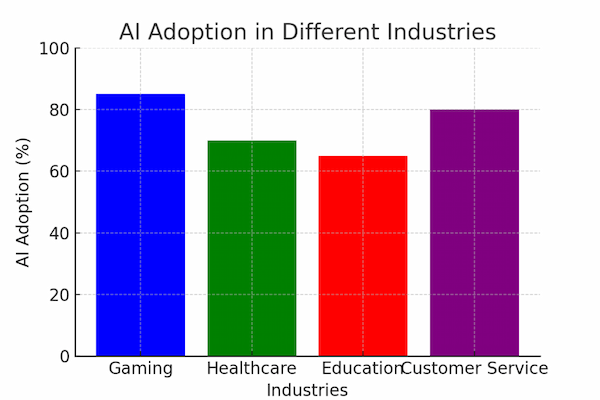okay so, ai is everywhere now, right? but this one thing caught my attention—character ai. it’s not just about robots or voice assistants anymore. it’s more like… talking to something that actually feels like a person, even though it’s not.
i stumbled into it while messing around online, and next thing i know, i’m having full conversations with a virtual character that kinda gets me. kinda creepy, kinda amazing.
whether you’re playing a game, writing a story, getting help from a support bot, or just bored and want to chat—character ai is showing up in all kinds of places. and honestly, it’s getting really good.
in this post, i’m just gonna go through what character ai is, where it’s used, how it helps (or sometimes doesn’t), and where it might go in the future. nothing fancy, just what i’ve seen and felt.
What is Character AI?
okay, so character ai is when you talk to a computer or app, and it talks back like it’s a person. not just some boring robot reply — i mean, it actually gets what you’re saying and answers in a way that feels kinda real.
it’s not like those old chatbots that just say random stuff. this is smarter. it remembers things you said before, and sometimes it even reacts like it has a mood or personality. weird, right? but cool too.
they use all that tech stuff in the background—like machine learning and language stuff—but you don’t need to know all that. what matters is, when you talk to it, it talks back like someone who’s actually listening. makes it feel like a real conversation, not just some script.
How Does Character AI Work?
Character AI operates using advanced AI technologies, including:
- Natural Language Processing (NLP) – Enables AI to understand, process, and generate human-like text responses.
- Machine Learning & Deep Learning – Helps AI improve over time by learning from interactions.
- Context Awareness – Allows AI to maintain memory of past conversations, making discussions more coherent.
- Emotion Recognition – AI can analyze user input to detect emotions and respond accordingly.
- Text-to-Speech & Speech Recognition – Converts AI-generated text into speech for a more immersive experience.
- Adaptive Learning – AI characters can refine their responses based on user preferences, creating a more personalized experience.
- Multimodal AI – The ability to process text, voice, and even images to generate more dynamic interactions.
These technologies enable Character AI to create highly interactive and adaptive virtual personas that can be used across various industries.
Applications of Character AI
Character AI is revolutionizing multiple sectors by enhancing human-computer interaction. Some key applications include:
1. Entertainment & Gaming
- Video game developers use AI to create non-playable characters (NPCs) with realistic interactions.
- AI-powered characters improve immersive storytelling in games.
- AI-driven role-playing experiences offer dynamic and unpredictable gameplay.
2. Virtual Assistants & Chatbots
- AI characters serve as customer service agents for businesses.
- Personalized AI chatbots help users with queries, support, and recommendations.
- AI assistants provide hands-free help in smart home devices and apps.
3. Content Creation & Storytelling
- Writers use AI-powered characters for interactive storytelling and creative content.
- AI can generate scripts, dialogues, and narratives based on user input.
- AI-assisted writing tools help bloggers, novelists, and scriptwriters enhance their work.
4. Education & Training
- AI tutors help students with learning languages, history, and science.
- Virtual AI trainers assist in corporate training and skill development.
- AI-driven simulations help students practice real-world problem-solving skills.
5. Healthcare & Therapy
- AI-driven virtual therapists provide mental health support and emotional well-being services.
- AI-powered assistants help doctors with patient interactions and record-keeping.
- AI avatars support individuals with social anxiety by offering safe conversational practice.

Benefits of Character AI
Character AI offers numerous advantages that make it a valuable tool across industries:
- Enhanced User Engagement – AI characters provide personalized and engaging conversations.
- 24/7 Availability – AI-powered chatbots and virtual assistants are available round the clock.
- Cost-Effective Solutions – Reduces the need for human resources in customer service and training.
- Scalability – AI can handle multiple interactions simultaneously, making it ideal for businesses.
- Continuous Learning & Improvement – Machine learning enables AI to improve over time based on interactions.
- Increased Accessibility – AI characters can assist individuals with disabilities by offering customized support.
- More Natural Interactions – Improvements in NLP allow AI characters to feel more lifelike and conversational.

Challenges of Character AI
Despite its benefits, Character AI also faces several challenges:
- Lack of Emotional Depth – AI struggles to truly understand human emotions beyond predefined patterns.
- Ethical Concerns – AI characters can be misused for deepfakes, misinformation, or manipulation.
- Data Privacy Issues – AI requires large amounts of user data, raising privacy concerns.
- Dependence on Training Data – AI’s effectiveness is limited by the quality of its training data.
- High Development Costs – Creating advanced AI models requires significant investment in resources.
- Bias in AI Responses – AI-generated characters may unintentionally reflect biases present in training data.

The Future of Character AI
As AI technology continues to evolve, Character AI is expected to become even more advanced. Future developments may include:
- More Realistic Human Interactions – Improved emotion recognition and response accuracy.
- Integration with Virtual & Augmented Reality (VR/AR) – Creating fully immersive AI experiences.
- Advanced AI Ethics & Safeguards – Ensuring AI interactions remain ethical and unbiased.
- Personalized AI Characters – Users may create their own AI personalities with customized behaviors.
- AI-Generated Visual Avatars – Combining AI text generation with realistic AI-generated faces and voices.
- AI in the Metaverse – AI-driven characters will play a key role in the development of virtual worlds.
- AI-Assisted Emotional Intelligence – Future AI may be able to detect and respond to subtle human emotions better than ever before.

Conclusion
ending. no idea how to wrap this but yeah
i dunno man, this ai character stuff is getting kinda real. like, you talk to it and it talks back like it actually knows you? weird at first but also kinda cool. i tried it for fun but now i see it being used in work stuff too, like support chats or those weird therapy bots.
sometimes it’s a bit off tho. replies feel fake or random. but then sometimes, it just clicks and feels like you’re not alone. not sure how to explain that.
guess what i’m saying is… it’s all moving fast. we’re gonna see this character ai thing in games, schools, jobs, maybe even just when you’re bored. it’s already here anyway. not sure if that’s good or scary, but it’s happening. so yeah… that’s all i got.
🔍 Frequently Asked Questions (FAQs)
Q1: Is Character AI the same as a chatbot?
A: Not exactly. While both use AI to interact with users, Character AI is more advanced. It includes emotional intelligence, contextual memory, and creative expression, making conversations feel more human-like.
Q2: Can Character AI remember past interactions?
A: Yes, many Character AI systems use contextual memory to recall previous conversations, allowing for more coherent and engaging interactions.
Q3: Is Character AI safe to use in sensitive applications like therapy?
A: While AI can provide mental wellness support, it’s not a replacement for professional therapy. It’s best used as a supplementary tool under proper supervision.
Q4: Can I create my own Character AI?
A: Yes! Platforms like Character.ai and Replika allow users to build and customize their own AI personas for different purposes.
Q5: What are the ethical concerns with Character AI?
A: Ethical issues include potential misuse (e.g., deepfakes), data privacy, AI bias, and emotional manipulation if used irresponsibly.
📌 Key Points Summary
- Character AI is a next-level virtual assistant that mimics human conversation using NLP, machine learning, and emotion detection.
- It’s widely used in entertainment, education, healthcare, customer service, and creative writing.
- Offers personalization, 24/7 availability, and scalable communication.
- Faces challenges like emotional authenticity, ethical use, and data privacy.
- The future points to more immersive, intelligent, and personalized AI characters integrated with VR/AR and the metaverse.
📚 Sources
💡 Expert Advice
- Use AI as a companion, not a replacement for human interaction, especially in areas like therapy, education, or health.
- Regularly review the AI’s responses if you’re using Character AI in customer-facing roles to prevent misinformation.
- Customize with purpose: When building a character, define its role and tone clearly to align with your goals (e.g., fun, formal, empathetic).
- Stay updated: AI is evolving fast. Keep up with platform updates, new features, and ethical guidelines to get the most value while staying safe.
